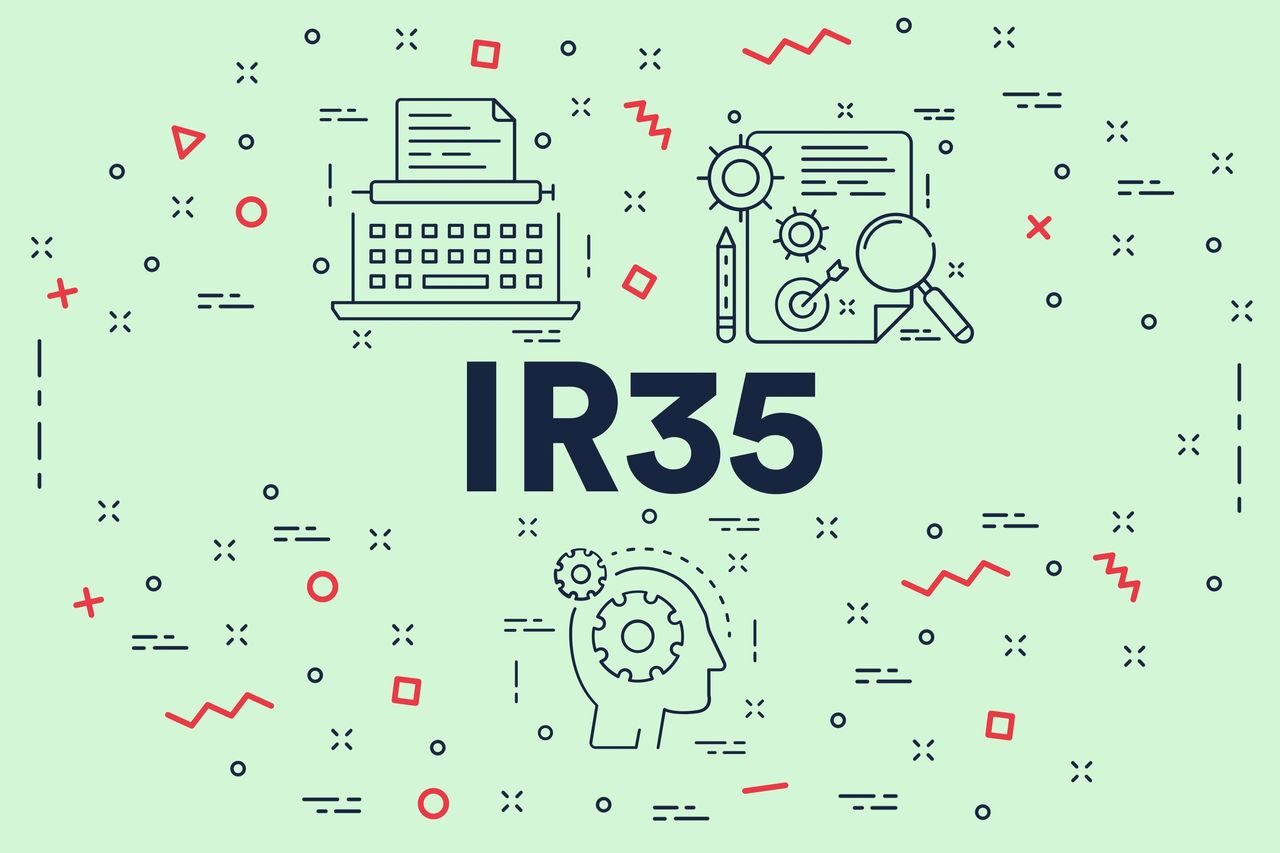

A change in the legislation will be occurring in 2020, and this is called IR35. IR35 will be reforming the private sector for the self-employed set. This means IR35 is designed to assess whether a contractor is a genuine contractor rather than a ‘disguised’ employee, for the purposes of paying tax.But what does this mean for you? Does it mean that the HMRC can investigate your finances without your permission? What does professional indemnity insurance cover? If you have asked yourself these questions and is in need of answers, then you will be finding them here.Contractors who work through their limited company enjoy a level of tax efficiency. While they don’t get employee benefits (like holiday and sick pay), they have flexibility and control over their work.
IR35 Rules For Limited Companies
When does IR35 apply?
HMRC says that when determining whether IR35 applies to a contract or engagement, “you must work out the employment status of the person providing their services.”HMRC go on to say that the off-payroll rules apply if the contractor “would be an employee if there was no intermediary”. The intermediary in most cases is the contractor’s limited company (often called a personal service company).Have a look at our checklist below to see which key tests you can use to establish employment status.HMRC also have a tool you can use to check whether IR35 applies to a contract (CEST, or the ‘check employment status for tax’ tool), plus an IR35 helpline.There’s more to IR35 status
In reality, IR35 status hinges on IR35 case law and employment legislation, itself reliant on decades worth of employment tests heard in the UK courts.Another problem is that HMRC’s CEST tool may not be entirely accurate, as it doesn’t take a key piece of case law (mutuality of obligation, or MOO) into account.IR35’s nuances mean that contractors can’t be expected to know the law inside out. You should only use this article as a guide. If you’re unsure about anything please seek advice from an IR35 expert – like ourselves.Public Sector and Private Sector Rules
There are currently different rules for public sector and private sector contracts. but, they all happen on April 2020- for public sector contracts – the hirer is responsible for working out whether the contractor falls inside or outside. If they fall inside, the hirer, agency or other third party who pays the contractor then needs to deduct tax and NICs and report them to HMRC
- for private sector contracts – the contractor is responsible for working out whether they fall inside or outside. If they’re inside, they need to pay the tax and NICs due
